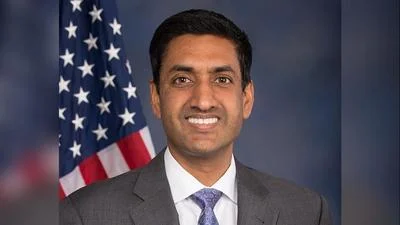John Taylor, Professor of Economics at Stanford University and developer of the "Taylor Rule" for setting interest rates | Stanford University
John Taylor, Professor of Economics at Stanford University and developer of the "Taylor Rule" for setting interest rates | Stanford University
Law school graduates must not only pass the bar exam but also undergo a "moral character" inquiry, which often includes disclosing mental health information. This requirement has been criticized for potentially deterring law students from seeking help and perpetuating stigma.
A new report titled “Mental Health Screening in Lawyer Licensing” by Stanford Law School's Graham Ambrose, Brianne Holland-Stergar, and Professor Nora Freeman Engstrom examines how states screen bar applicants for mental health conditions. They note that while many states have reduced intrusive questioning, most still inquire about mental health through targeted questions.
Brianne Holland-Stergar highlights that mental health issues affect all stages of the legal profession pipeline, with law students reporting high levels of anxiety and depression. However, Nora Freeman Engstrom points out that studies show lawyers suffer mental health issues at rates similar to other educated professionals.
Concerns persist about whether these screenings protect the public. Critics argue there's little evidence supporting this claim and suggest such inquiries may deter prospective lawyers from seeking necessary treatment.
Reform efforts have led to changes in some states' screening practices. By 2019, actions by organizations like the ABA and the Department of Justice resulted in modifications to these questions. Despite reforms, indirect screening methods remain common.
The report hopes to encourage further reform and data sharing on how mental health screenings impact admissions decisions. More research is needed to understand if disclosure fears prevent individuals from becoming lawyers or seeking help.
Nora Freeman Engstrom emphasizes that addressing mental health in the legal field honors Deborah Rhode's pioneering work on this topic.
This story was originally published by Stanford Law School.
###




 Alerts Sign-up
Alerts Sign-up